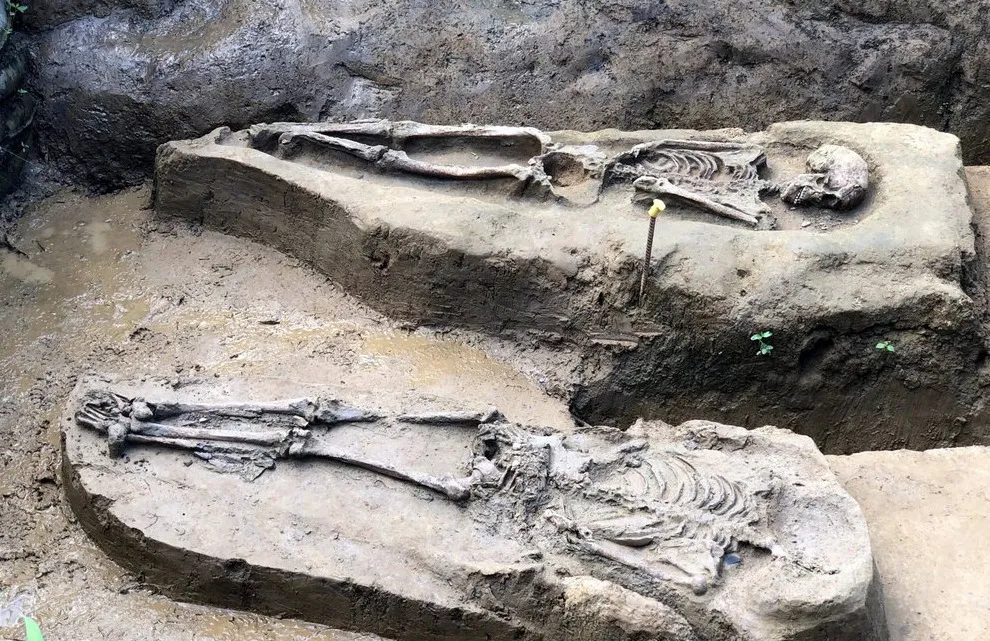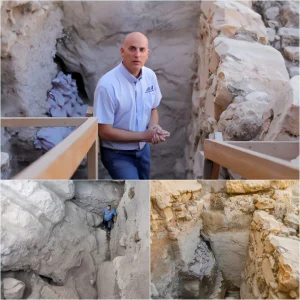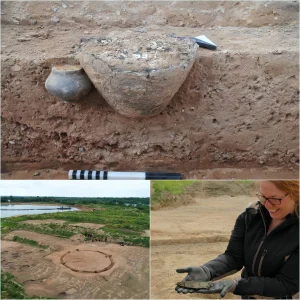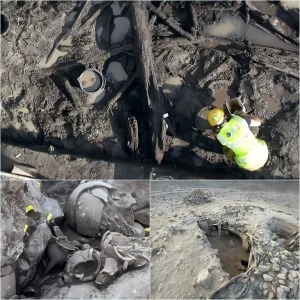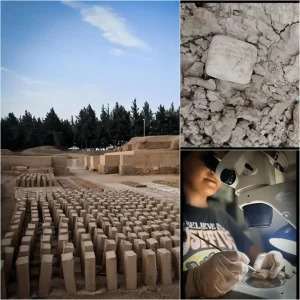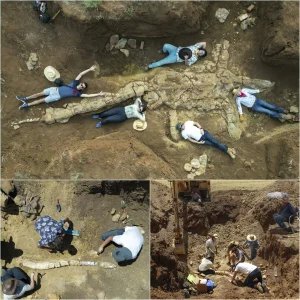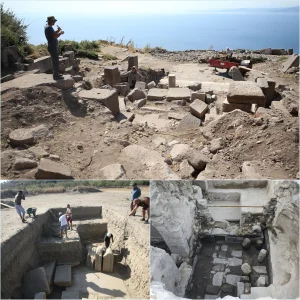Archaeological analysis of the Taidoukeng site, located south of the Taiwan Railways Chiabei Station, commenced in 2021 after ancient human remains were unearthed during excavations for a railway project, as reported by CNA. So far, researchers have discovered 13 tombs at the site, with five containing complete or near-complete skeletons in a remarkably well-preserved state. Among these, two skeletons have been dated to approximately 2,500 to 2,700 years old: a man around 35 years old and a woman around 20 years old. Both were found buried in a prone position, with their arms laid over their backs.

Interestingly, other burial sites at Taidoukeng also show a prevalence of skeletons interred in a prone position. While prone burials can carry negative connotations in Chinese culture as being associated with evil or bad luck, researchers in Chiayi have noted that this ancient group, predating Chinese cultural influence in Taiwan, likely had different burial rituals and beliefs.
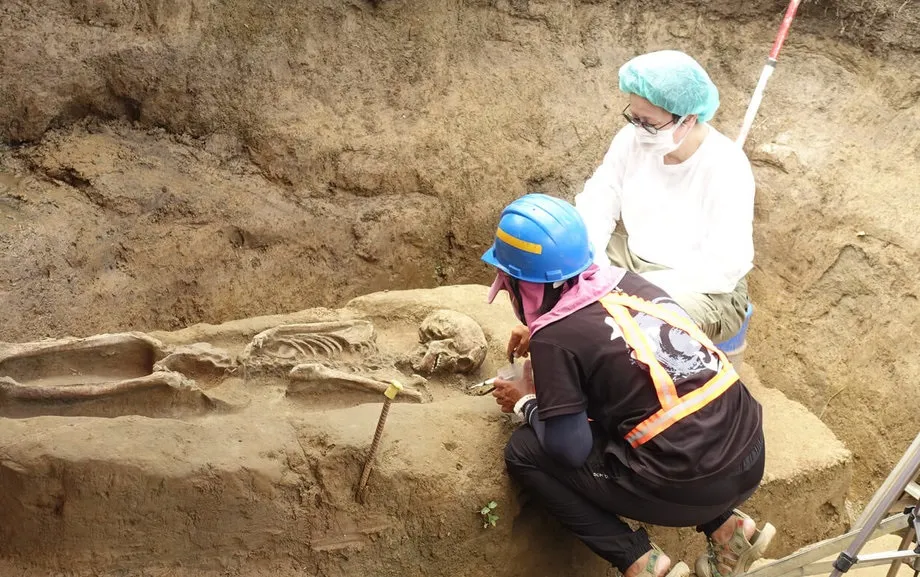
Yen Ting-yu, an expert on prehistoric civilization in Taiwan leading the research, highlighted these findings during a recent archaeological conference. She mentioned that all but one of the 13 tombs discovered feature bodies aligned on an east-west axis, with their heads facing west. The exception is positioned on a north-south axis, suggesting potential variations in burial practices or societal distinctions within the ancient community at Taidoukeng.
